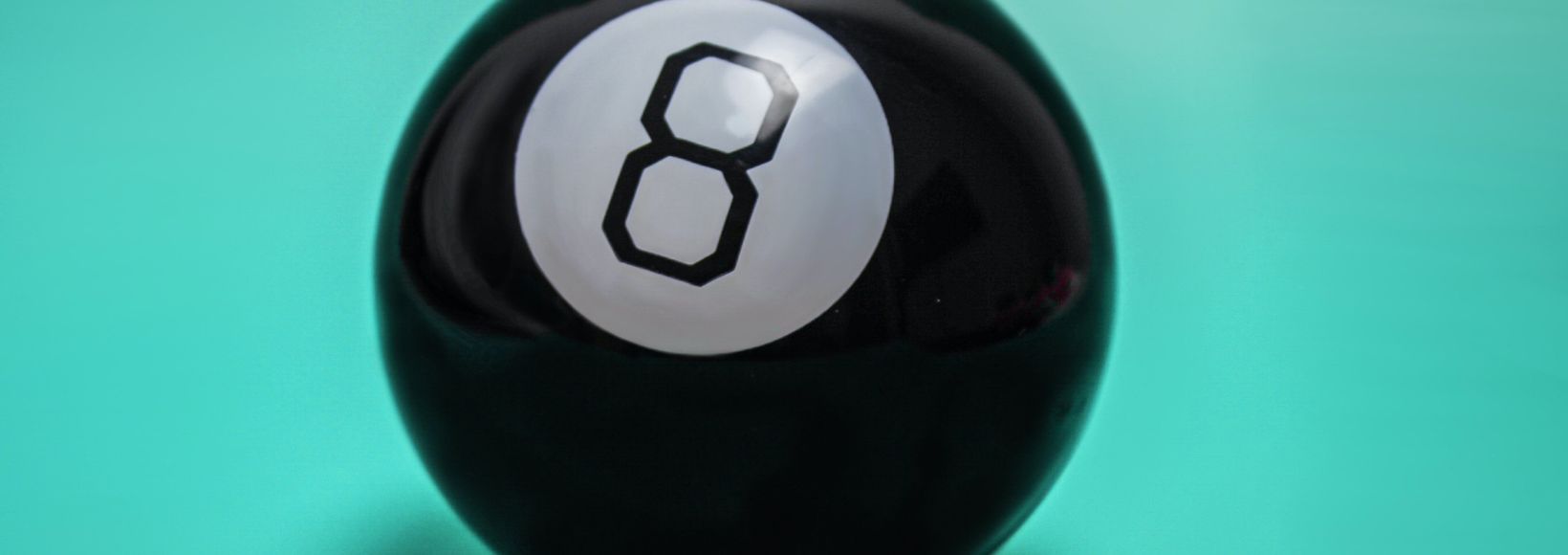
Are AMH blood tests useful?
Can the AMH blood test tell me if I’m fertile?
From bus stops to instagram ads for fertility testing appear everywhere. It can feel like a constant wave of information and worry from fertility all the way to menopause. Lots of companies are now offering testing online or at home with promises of giving you information on your fertility. We know it is a worry for many, busy lives often mean women are having their first babies later than ever.
The focus of many ‘fertility’ tests is a hormone called AMH (Anti-Müllerian hormone) in the blood. It is produced by the ovaries. As a woman gets older the levels will naturally decrease. This fit with what we know about ovaries and eggs. Woman are born with all the eggs they will every have. A newborn has over 1 million eggs, by the time of a girl’s first menstrual period that number may be down to 400,000. The number of eggs continues to decline by the average age of natural menopause, around 51 years of age, only about 1000 eggs are likely to remain. As the number of eggs decreases the amount of AMH produces also decreases.
So AMH does give an indicator of egg count. It has been used in fertility clinics for many years as it can help the doctor predict response to the medicines used to stimulate egg production in IVF (in-vitro fertilisation). We have excellent data showing that it is a useful test in women who have had fertility problems and are undergoing fertility treatment.
It was hoped that it could also be used for other women to predict fertility. A lot of women would like some insight into their fertility. For instance, a common question in the clinic is can I safely delay pregnancy for a few years?
Unfortunately, AMH testing can’t help us make that decision. There was a really important study published on this last year, it followed women between the ages of 30 – 44 years. They were screened with an AMH test and then followed for 3 years. There was no difference in fertility between the groups with a low or normal AMH test. This included measuring chance of giving birth to a live baby, and chance of needing fertility treatment.
Like most things in medicine there is likely some grey area. It could be that for some women with risk factors for infertility that an AMH level can give some useful information. But that would be just one piece of looking at their fertility and health.
Given the low predictive value of AMH testing, I think it is sensible to be cautious before using these tests to make decisions about fertility or life. Choices such as egg freezing or delaying pregnancy can have a big impact on life, finances and relationships. So make sure you are making them with the best science and information. Just like ‘Magic 8 balls’, AMH tests are not recommended to be relied on to predict fertility in healthy women without a history of infertility.